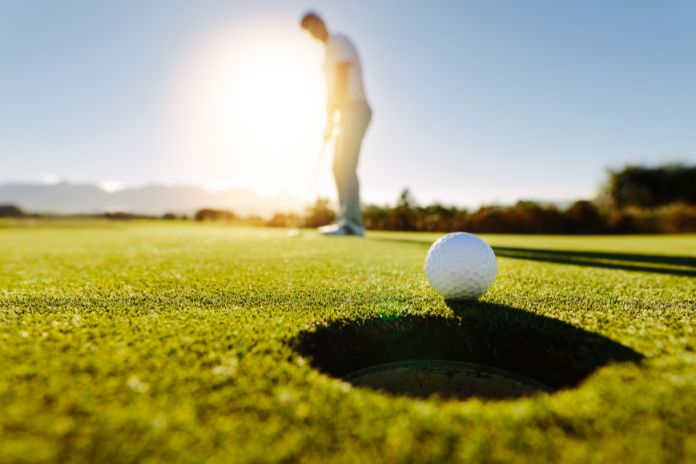As one of the most traditional of string instruments, the piano is beloved for its beautiful, harmonious sounds and centuries of rich history. In fact, it’s for these reasons that this instrument is still so popular today among young musicians. But the wonderful sounds the piano makes aren’t the only motivations to take up this hobby. From honing your physical dexterity to working your mind and improving your mood, there are various reasons to learn how to play the piano. So, with determination and the right choice of piano for your needs, these benefits are yours for the taking.
Increased Neuroplasticity and Brain Function
Our brains are in a constant state of growth—forming new connections and synaptic pathways as we learn new things and develop new skills. Neuroplasticity refers to how well the brain can perform new tasks. These pathways further connect the scientific left brain with the creative right brain and increase your ability to focus and communicate. Music is widely regarded as a stimulant for the brain, allowing it to form new connections and, therefore, make new avenues for logical thought. But by playing the piano, rather than just listening to it, you’re developing your memory, attention, speech, and spatial abilities as well.
Reduced Stress and Anxiety
In addition to creating new neural pathways, listening to music also causes our brains to release chemicals that influence how we’re feeling. Dopamine, in particular, is the substance that makes us feel rewarded and, by extension, happy. The satisfaction of playing a piece for the first time and the reassurance that your hard work is paying off release dopamine and leave you feeling accomplished. As a result, you’re less inclined to feel stressed out when playing the piano.
Better Eye-Hand Coordination
Another important reason to learn how to play the piano is the fluid connection it facilitates between your brain and your fingertips. Believe it or not, the ability to see something, process it, and react based on that information doesn’t come naturally to everyone. It often takes hours of practice and a clear understanding of the source material in order to accomplish these tasks successfully. Piano playing requires a person to be able to read the music in front of them, interpret it in their minds, and translate it onto the keyboard with their fingers. But this skill isn’t useful for only pressing keys or typing on a keyboard; it also helps improve your body’s reaction times, agility, and overall athleticism.







